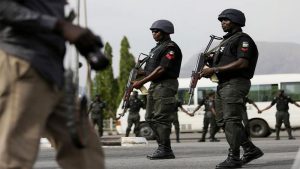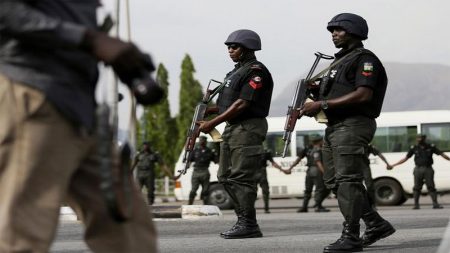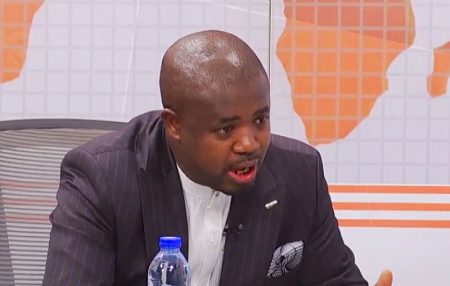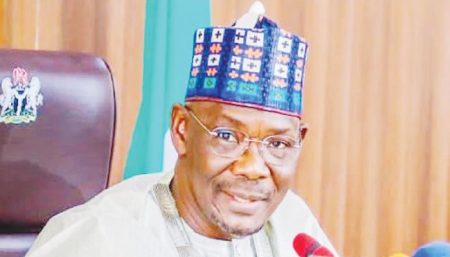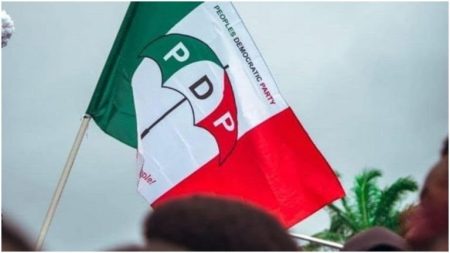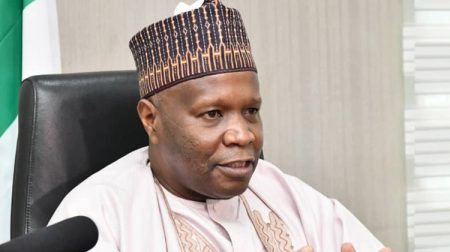Edward Masha, the Kaduna State Chairman of the Peoples Democratic Party (PDP), addressed the Southern Kaduna Journalists Forum in Zonkwa, asserting that recent defectors to the All Progressives Congress (APC) had actively worked against the PDP in the 2023 elections. Masha argued that these defections will not significantly impact the PDP’s prospects in the upcoming 2027 elections, emphasizing the party’s strong grassroots base, particularly in Southern Kaduna. He expressed confidence in the electorate’s discerning nature, highlighting their awareness of candidates’ track records and their ability to make informed choices based on performance rather than mere party affiliation. Masha stressed that the key question for voters, especially regarding Senate and House of Representatives elections, would be the tangible contributions of these candidates to their constituencies. He underscored the PDP’s strong performance and commitment to maintaining its standards, positioning the party as the preferred choice for voters seeking effective representation.
Masha delved into the motivations behind the defections, citing several factors. He explained that politicians might leave a party if they lose touch with their constituents, if zoning arrangements don’t favor their ambitions, or if they fail to secure support during party congresses. These individuals, he argued, often seek easier paths to power when they perceive limited opportunities within their original party. He directly accused some defectors of actively campaigning against the PDP in the 2023 elections after losing in the 2022 primaries. Masha characterized this behavior as a betrayal of the party’s mandate and vowed to take necessary steps, including invoking constitutional provisions, to reclaim what he believed was rightfully theirs. He downplayed the significance of the defectors, suggesting they were not integral to the PDP’s electoral calculations. He reassured the party faithful and the public that the PDP remains strong and united, expressing confidence in their ability to win future elections.
He contrasted the PDP’s internal democratic processes with those of the APC, particularly highlighting the conduct of primary elections. Masha pointed to the local government elections as a prime example, alleging that the APC did not hold primaries in any of the 23 Local Government Areas, merely announcing candidates. He criticized this lack of internal democracy and affirmed that such practices would not be tolerated in national elections. He claimed that many defectors were lured by promises of automatic tickets in the APC, predicting their eventual return to the PDP once they faced the reality of grassroots politics. He further emphasized the PDP’s commitment to representing the people’s interests, contrasting their legislators’ actions with those of the executive branch, which he implied were less focused on constituent needs. He predicted a wave of defections back to the PDP before 2027, attributing the current defections to personal ambitions rather than genuine concern for their constituencies.
Masha’s assertions paint a picture of political maneuvering and strategic positioning in Kaduna State. His accusations against the defectors, coupled with his confidence in the PDP’s grassroots strength, set the stage for a potentially heated contest in the 2027 elections. His emphasis on the importance of candidate performance and accountability to constituents suggests a campaign strategy focused on highlighting the PDP’s track record and contrasting it with the perceived shortcomings of the APC. The allegations regarding the APC’s internal processes and the alleged promises of automatic tickets further fuel the narrative of a party struggling with internal democracy.
The chairman’s comments also reveal the dynamics of party politics in Nigeria, where defections are not uncommon and often driven by calculations of political expediency. The issue of zoning, internal party processes, and access to power are key factors influencing politicians’ decisions to switch allegiances. Masha’s strong words and his commitment to reclaiming lost mandates signal a determined effort to consolidate the PDP’s position and counter the perceived threat posed by the APC. His predictions of future defections back to the PDP suggest an expectation that the APC’s current appeal may be short-lived.
Ultimately, the electorate will decide the outcome of the 2027 elections. Whether the PDP’s grassroots strength and focus on accountability will resonate with voters remains to be seen. The APC’s response to these allegations and their ability to address the concerns raised about their internal processes will also play a crucial role in shaping the political landscape. Masha’s pronouncements serve as an early salvo in what promises to be a closely watched electoral contest. The interplay of these factors will determine whether the PDP can regain lost ground or if the APC can maintain its hold on power in Kaduna state
Masha’s address to the Southern Kaduna Journalists Forum underscores the complex interplay of ambition, strategy, and accountability in Nigerian politics. His accusations against the defectors, his defense of the PDP’s internal processes, and his predictions of future realignments highlight the fluid nature of party loyalties and the ongoing battle for political dominance in Kaduna State. The 2027 elections will undoubtedly be a testing ground for these competing narratives and a crucial moment for the future of both the PDP and the APC in the region. The electorate’s judgment on the performance and integrity of both parties will ultimately determine the course of political power in the years to come.




